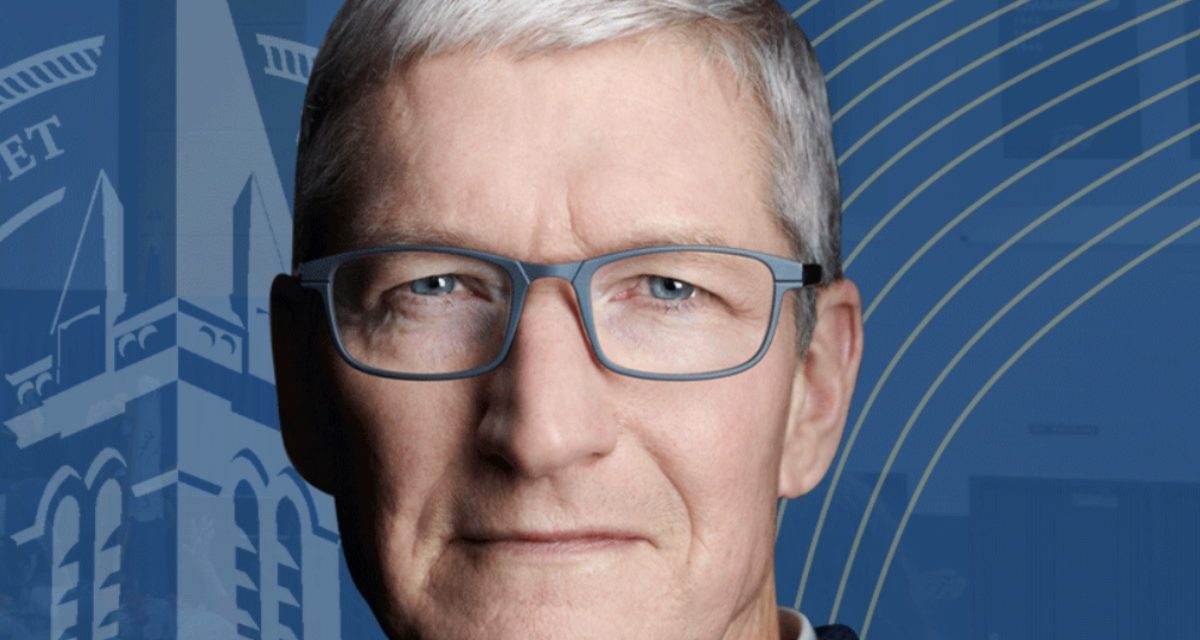A letter from Republican Gus Bilirakis and Demograt Jan Schakowsky of Congress’ Subcommittee on Innovation, Data, and Commerce asks Apple CEO Tim Cook to clear up some App Store guidelines.
From the letter: We previously expressed concern about reports indicating that Apple had failed to implement rigorous application scrutiny making Americans vulnerable to foreign surveillance, particularly from adversarial actors like China. Today, it appears Apple may also use its market dominance in the opposite way, trying to maximize its profits by introducing rules to the App Store that “purposefully limit choice and stifle innovation at the expense of user experience.”
While Apple has argued these rules increase security by creating a walled garden, many are concerned that Apple has used the App Store as a weapon against competitors. Apple has also been accused of “arbitrarily and unilaterally [applying] a series of technical and experience-limiting restrictions…” and of “routinely [blocking] our experience-enhancing upgrades.”
In particular, it appears that Apple has used its App Store guidelines to increase its own profits and reduce the utility of apps in blockchains, NFTs, and other blockchain-related technology. For example, in December 2022 Coinbase accused Apple of forcing it to remove NFT transfers from its Wallet app on iOS.6 Coinbase claimed Apple was citing its App Store guidelines to require a 30% cut of the gas fees – a fee paid to the blockchain network to perform a given task – associated with any NFT transfer. Coinbase Wallet tweeted that “for anyone who understands how NFTs and blockchains work, this is clearly not possible. Apple’s proprietary in-app purchase system does not support crypto so we couldn’t comply even if we tried.”
The letter asks Cook to answer the following questions:
° It has been publicly reported that Apple planned to offer “sideloading” in future iOS updates. What is the status of these changes?
° Please detail Apple’s policies as they relate to admittance on Apple’s App Store, including what factors are considered to determine if an app meets the data privacy and security standards.
° Does Apple proactively audit apps to ensure they comply with App Store policies, or only after a user flags a concern? If yes, how often does Apple audit apps on the App Store? If no, why not?
° If Apple determines an app is in violation of its policies, what steps does Apple take to address such violation?
° Does Apple maintain a list of app developers who have abused user information or otherwise violated Apple’s policies to ensure such developers will not be allowed back on your platform? a. If yes, please explain.
Article provided with permission from AppleWorld.Today


